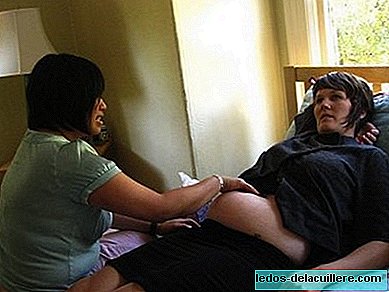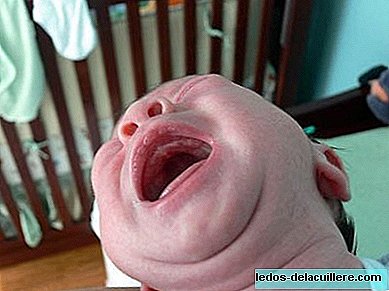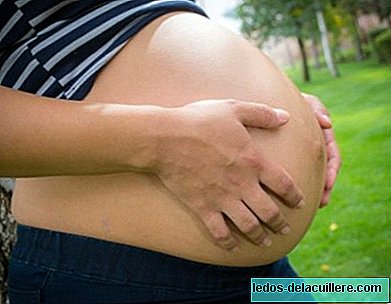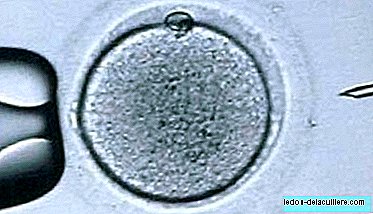
Once the baby is born, mothers fully prioritize their care and usually leave in the background the discomfort we may feel after birth.
But the truth is that More than half of women who have had a vaginal delivery "suffer in silence" some postpartum disorders such as incontinence, tears, sexual dysfunction, hemorrhoids or some type of problem in bowel or bladder function.
Many women believe that postpartum disorders are normal, that they are part of having given birth, but they should not be overlooked.
In the case of women who have had an episiotomy, some complication related to the healing of the wound or with the points that must be resolved so that the thing does not get worse may arise.
Medical controls after childbirth are the time to ask the gynecologist any abnormality or discomfort that you may feel after childbirth such as intestinal or urinary incontinence, the episiotomy that does not heal, you have deep cuts or lacerations, rectovaginal fistulas or difficulty performing the sexual act (vaginal dryness, pain, bleeding or irritation during or after the act).
These types of disorders occur because the vaginal muscles suffer a great distention during vaginal delivery.
To reduce or avoid them, as far as possible, it is recommended to perform exercises that strengthen the pelvic floor muscles so that this strain is less or has less consequences.
The pelvic floor is formed by a set of hammock-shaped muscles that support the bladder, uterus and rectum. Its strengthening is important to have a good delivery, reduce the possibility of episiotomy and have a better postpartum recovery.
There are also gynecologists who suggest massaging with rosehip oil in the perineum area to improve the elasticity of the skin before delivery as well as to heal postpartum scars.












